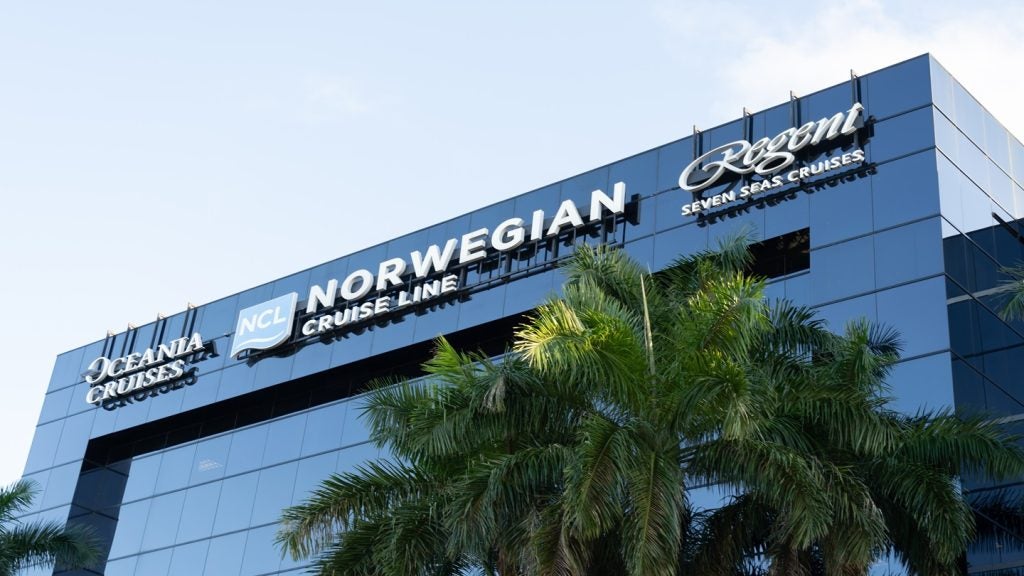A new study by Transport & Environment (T&E) has revealed that roughly 71% of new containerships are compliant with the post-2025 requirements set by the International Maritime Organisation's (IMO) Energy Efficiency Design Index (EEDI).
The volume represents almost three-quarters of all the newly built containerships, which are responsible for emitting around a quarter of the carbon dioxide (CO2) released by the global shipping sector.
The newly released research was based on the analysis of data received from IMO. It found that the best 10% of new containerships are almost twice as efficient as required by the EEDI regulations that will come into effect in ten years’ time.
Additionally, the study evaluated the various ship types that are contributing to two-thirds of shipping sector’s CO2 emissions and found that apart from containerships, 69% of general cargo ships, 26% of new tankers and 13% of gas carriers exceed the EEDI’s 2025 requirements ten years ahead of schedule.
The best performing 10% of general cargo ships, tankers and gas carriers are respectively 57%, 35% and 42% more efficient than will be required by the EEDI during the period of 2013-2015, according to the research.
In addition, less than 1% of the 2,500 new ships analysed in the study were found to be using existing innovative energy efficiency technologies.
How well do you really know your competitors?
Access the most comprehensive Company Profiles on the market, powered by GlobalData. Save hours of research. Gain competitive edge.

Thank you!
Your download email will arrive shortly
Not ready to buy yet? Download a free sample
We are confident about the unique quality of our Company Profiles. However, we want you to make the most beneficial decision for your business, so we offer a free sample that you can download by submitting the below form
By GlobalDataT&E shipping officer Faig Abbasov said: “This new analysis using official IMO data confirms earlier findings presented to the IMO by environmental groups: the energy efficiency standard is not fit for purpose to drive better designs or technological innovation.
“Ship owners, represented by the International Chamber of Shipping (ICS) and BIMCO, have opposed tighter standards as part of efforts to drain all ambition out of IMO discussions on how shipping can decarbonise. Strengthening the EEDI is the lowest of low hanging fruit.
“If the IMO can’t take timely action on this issue because of industry opposition, how can it be expected to deliver an adequate response to the Paris Agreement?”
T&E further noted that the entire shipping sector is one of the rapidly growing sources of CO2 emissions and could account for more than 17% of global emissions by 2050 if no action is taken by the industry.
ICS and BIMCO are currently arguing that the sector cannot accept any ‘commitment or intention to place a binding cap on either the international shipping sector’s total CO2 emissions or the CO2 emissions of individual ships’.







